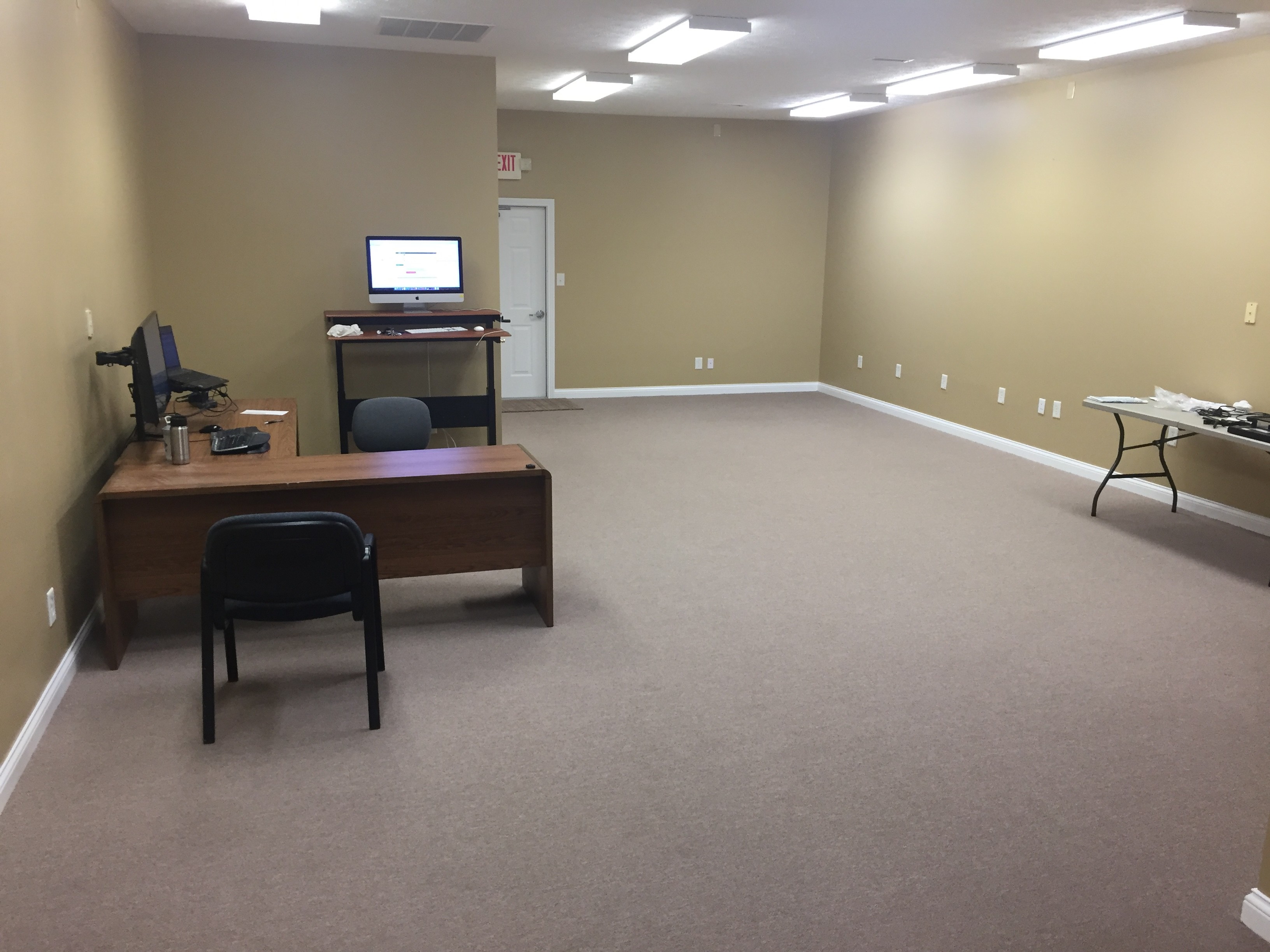I’ll give you two chances to guess the program I’m using to write this article. If I’m right, you guessed Microsoft Word or Google Docs, and you’d be spot on. We’re all familiar with these tools of the trade, and while there are certainly other tools like Notepad and WordPerfect (yes, that’s still a thing), most of us write most of our content in just a couple of software packages. The same can be said for spreadsheet editors, CAD software, and even the software that runs your company’s website. We pick a popular tool and use it, rarely giving thought to the code behind it and much less the team of programmers and the business that created, maintains, and likely still owns the programs we use.
I can hear you thinking, “no… this is mine. I paid for it.” Not so with software. When you or the business you work for buys a piece of software, you’re not truly buying it, but rather a license to use it. Unlike a desk you purchased and could dismantle and turn into a table, you’re not allowed to dismantle Microsoft Word and turn it into something else. You can use it as written in the guidelines you agreed to when you checked that little box while installing the software, but it’s not yours to do with as you please.
This often presents us with a “who cares” moment. I don’t intend to reverse engineer the code behind my word processor. I don’t have any need to make Excel do something Excel wasn’t made to do. And I sure don’t want to get into the mess of code that keeps my website running day after day! And I’d agree with you… most of the time. But here are some things you may just want to keep in mind that might matter… sometime, somewhere, when it comes to your software.
- You shouldn’t share your software. This includes taking a copy of a program home and installing it on another computer or selling it to a friend, unless you’re following the terms in the end-user license agreement.
- Your software won’t last forever. Many modern software packages have a shelf life that’s not dictated solely on how old it feels. Owners of software copyrights can trigger their software to stop working as they see fit, sometimes in ways that really make no sense.
- Your custom software may not be yours, either. Even if you pay a developer to write you a custom piece of proprietary software, you may still not own the rights to the code, and you could be in a real mess if you try to walk away or modify it without clear and well-documented agreements.
Being able to purchase, install, and utilize a program someone else created is something we all count on, but we should be mindful of the tools we use and the rights we have to use them. As more and more software becomes available “as a service,” it feels like we’re paying for subscriptions rather than something we “own,” but the truth is, it was probably never ours in the first place.




Recent Comments